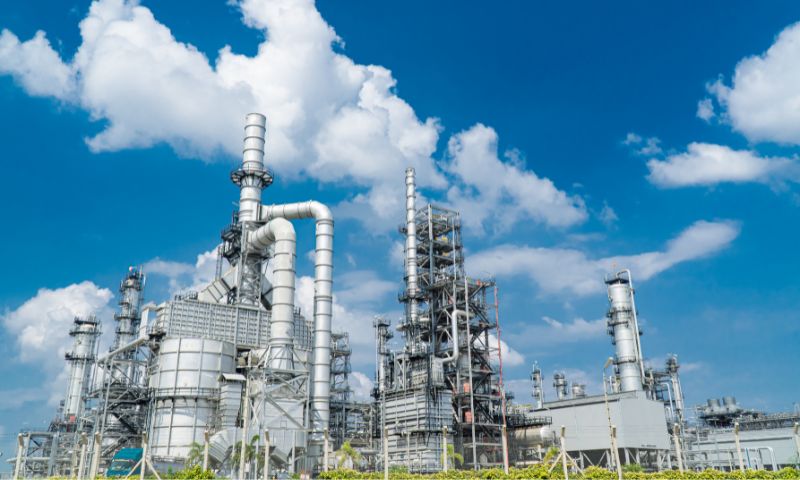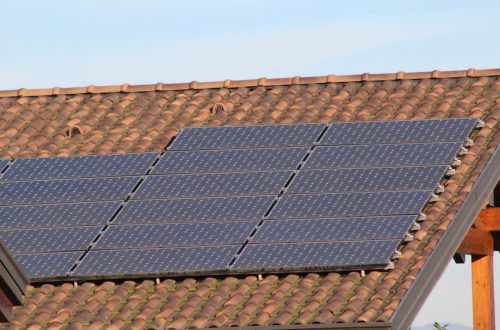Sustainable Practices in the Oil and Gas Industry

The oil and gas industry, long associated with environmental challenges, is working on a shift toward sustainability. Learn about these key sustainable practices in the oil and gas industry, focusing on a cleaner and safer Earth for all inhabitants.
Decreasing Freshwater Use
Clean water is a global concern, and the oil and gas industry recognizes the need to minimize its impact on freshwater sources. Adopting water-efficient technologies, such as closed-loop systems and advanced water treatment methods, reduces freshwater consumption in drilling and extraction processes. The industry is also exploring alternative water sources, like brackish and seawater. This exploration into alternative sources can help decrease reliance on freshwater, particularly in regions facing water stress.
Integrating Carbon Capture, Utilization, and Storage (CCUS)
As the world grapples with the challenges of climate change, the oil and gas industry is actively addressing its carbon footprint by using CCUS technologies. These systems will capture carbon dioxide emissions during various oil and gas operation stages and prevent them from entering the atmosphere. The industry can then repurpose the emissions for enhanced oil recovery or store them underground, preventing them from contributing to the greenhouse effect.
Recycling Used Oil
Proper disposal of used oil is critical for preventing environmental harm, and the industry is actively implementing recycling initiatives. The industry is employing re-refining processes to reclaim and purify used oil, transforming it into high-quality lubricants and reducing the demand for virgin oil. Companies are also establishing waste oil collection programs to encourage responsible disposal and recycling of used oil from various sources.
Streamlined Processes
Efficiency is at the forefront of sustainable practices, and the oil and gas industry is optimizing its processes to minimize resource consumption and environmental impact. They are adopting digital technologies and automation to streamline operations, reduce waste, and optimize resources. Additionally, the industry applies lean principles to minimize unnecessary steps in processes.
Reducing Leaks
Minimizing methane leaks is crucial for environmental production and conservation efforts within the oil and gas industry. They have begun addressing potential leaks in equipment and quickly identifying pipeline corrosion. The industry invests in advanced technologies, such as satellite monitoring and sensors, to detect issues and promptly prevent environmental damage.
Working Toward Renewable Energy
The oil and gas industry is actively exploring cleaner alternatives, acknowledging the global shift toward renewable energy. Companies are diversifying their portfolios by investing in renewable energy projects, including solar and wind, contributing to a more sustainable energy mix. Also, ongoing research and development efforts focus on incorporating renewable energy solutions into traditional oil and gas operations, supporting a transition toward a low-carbon future.
Sustainable practices in the oil and gas industry are transforming the environmental impact of their processes. As these technologies and methods become more widespread, the oil and gas sector will play a significant role in the global transition toward a more environmentally conscious and responsible energy landscape.
Would you like to receive similar articles by email?




